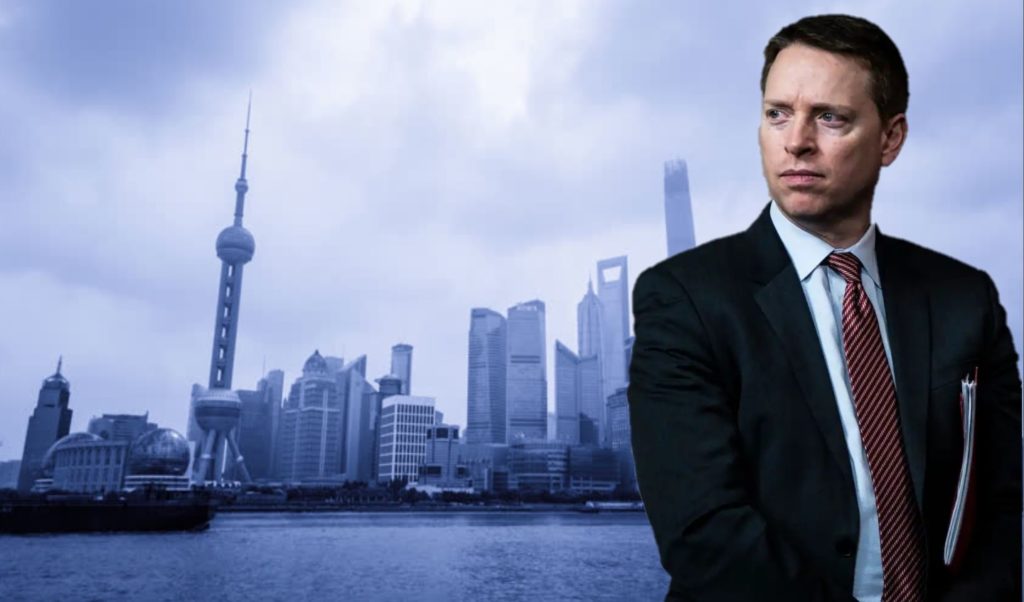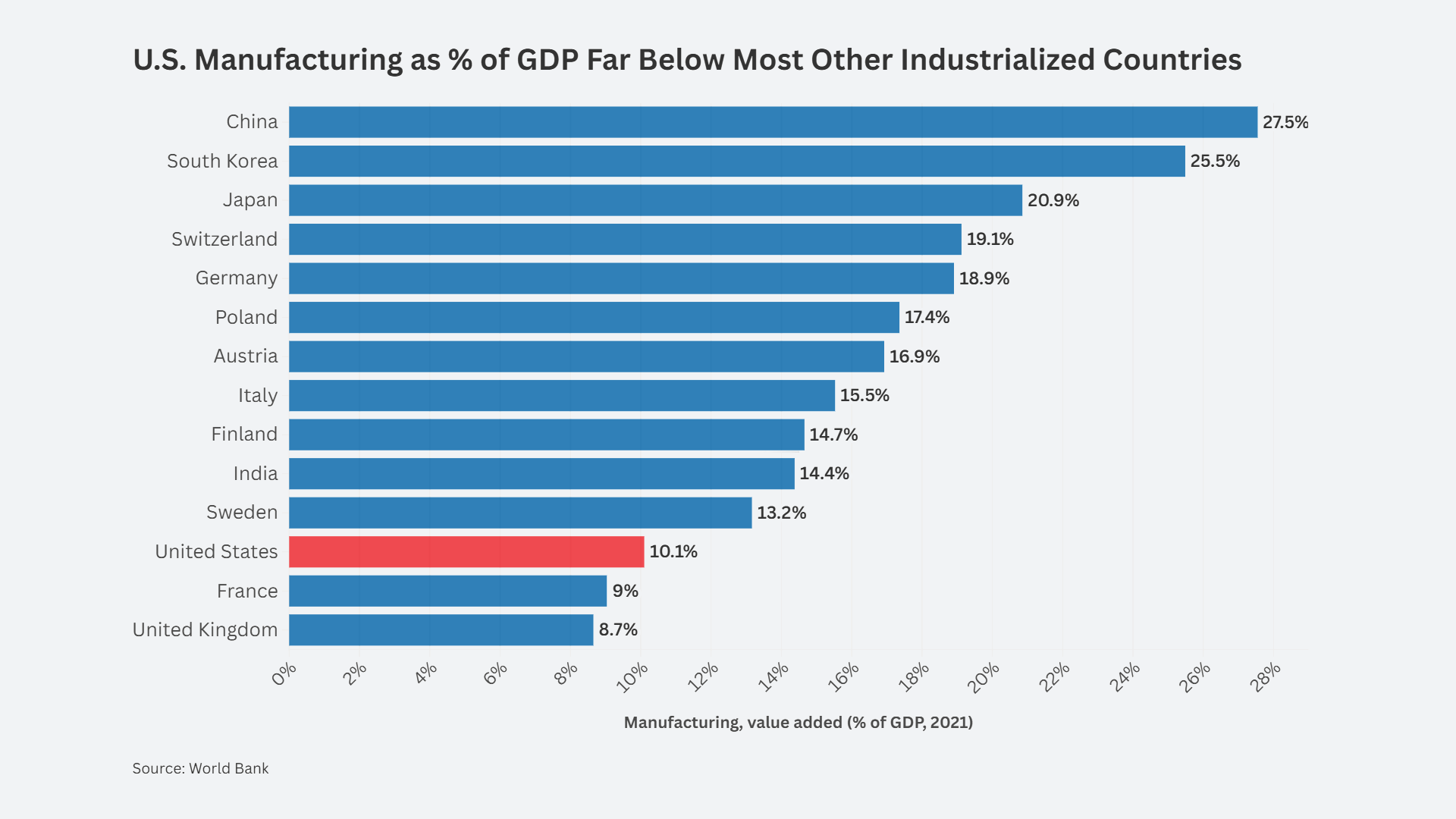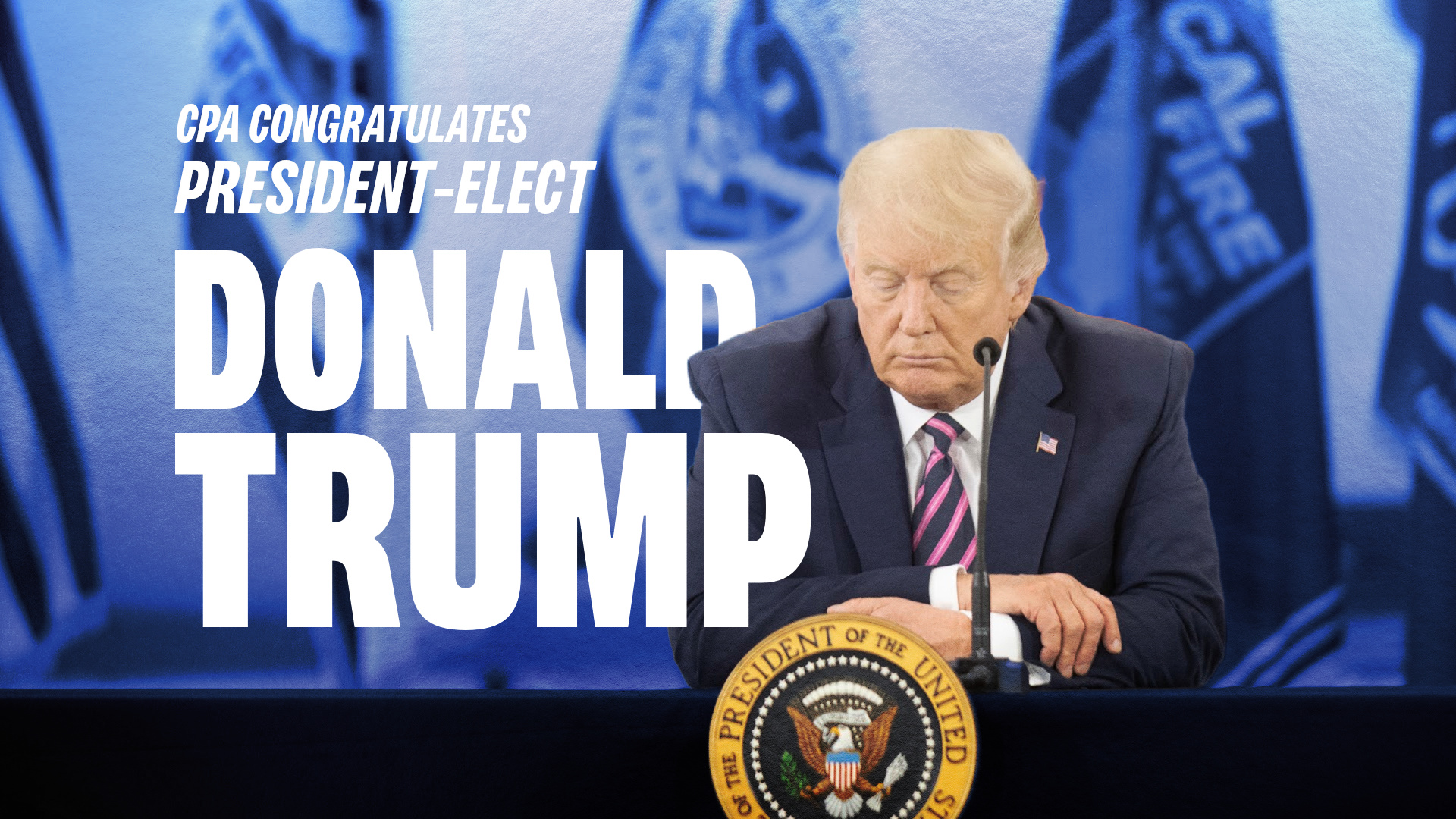China’s stellar growth over the last two decades is not because of the CCP’s authoritarianism and economic management skills. It’s because of American (and European) investment there.
From the securities market, to venture capital that seeded Alibaba and Baidu, to outsourcing manufacturing labor to China, the CCP owes almost everything to American multinationals, Wall Street and Silicon Valley, said Matthew Pottinger, former U.S. Deputy National Security Adviser from 2019 to 2021.
He wrote a long essay on the subject this week in Foreign Affairs magazine. It’s a must-read for CPA members concerned about China’s rise, and who is backing its growth in key sectors of the economy.
Here are some takeaways from that essay, titled “Beijing’s American Hustle: How Chinese Grand Strategy Exploits U.S. Power.”
“If U.S. policymakers and legislators find the will, however, there is a way to pull Wall Street and Silicon Valley back onside, convert the United States’ vulnerabilities into strengths, and mitigate the harmful effects of Beijing’s political warfare. That must begin with bolder steps to stem the flow of U.S. capital into China’s so-called military-civil fusion enterprises and to frustrate Beijing’s aspiration for leadership in, and even monopoly control of, high-tech industries—starting with semiconductor manufacturing. The United States must also do more to expose and confront Beijing’s information warfare, which spews disinformation and sows division by exploiting U.S. social media platforms—platforms that are themselves banned inside China’s own borders. And Washington should return the favor by making it easier for the Chinese people to access authentic news from outside China’s so-called Great Firewall.”
CPA backs bans on Chinese securities. The Pentagon’s list of civilian-military fusion companies needs to be expanded to include wanton human rights abuses in Xinjiang. All of these companies must be subject to the powerful but not fully harnessed capital markets sanctions tools of Treasury’s Office of Foreign Assets Control (OFAC) and their newly dubbed “NS-CMIC List”.
Then there is TikTok. The CCP has a seat on the three-person board of parent company ByteDance. TikTok can easily be used by China to bombard American youth with messaging on topics ranging from the pandemic to politics. It should be banned in the United States, just as Twitter, Facebook, and YouTube are banned in China.
“Beijing co-opted Western technologies that Americans assumed would help democratize China and instead used them to surveil and control its people and to target a growing swath of the world’s population outside China’s borders. The party now systematically cultivates Western corporations and investors that, in turn, pay deference to Chinese policies and even lobby their home capitals in ways that align with the CCP’s objectives.”
Washington should also call out companies who promote human rights and other social issues at home while kowtowing to the CCP.
It should be made an embarrassment for any American brand and American headquartered corporation, which has benefited from our economic freedoms and liberties, to scold us here at home on issues such as climate change while sourcing nearly everything from China, the worst polluter in the world after India.
This attitude should be made infamous. It provides more fodder for the CCP to highlight American hypocrisies and “glass house” politics.
Recall the Alaska meeting early in the Biden administration, when Chinese diplomats chastised and belittled the United States for its own human rights issues, something U.S. corporations have been highlighting since the summer of 2020 during protests sparked by the death of George Floyd in Minnesota, and later during Georgia voter registration law changes. In Alaska, Chinese diplomat Yang Jiechi said “many people within the United States actually have little confidence in the democracy of the United States.” It is not difficult to imagine from where he got that idea.
Pottinger wrote that the shift in policy on China began under former president Trump, and that current president Biden is following in the same path.
“Washington needs to further strengthen its approach, especially by making sure that powerful private interests in the United States stop undercutting the country’s ability to confront China. The realm of finance is the place to start. The retirement savings of millions of Americans currently finance Beijing’s military modernization and support Chinese companies that are complicit in genocide and other crimes against humanity. Even as Beijing was systematically expelling foreign journalists from China and making the country’s investment climate increasingly opaque, stock index providers such as FTSE Russell and MSCI continued to add Chinese companies to their indexes, sometimes under pressure from Beijing. Because many American funds benchmark their investments to those same indexes, billions of U.S. dollars automatically flow to Chinese companies, including those that Washington has sanctioned or subjected to export controls. For Beijing, there simply is no substitute for U.S. capital markets, whose depth and liquidity outpace those of the rest of the world’s capital markets. Few successful Chinese technology companies exist that were not launched with money and expertise from Silicon Valley venture capital firms. Both Alibaba and Baidu were seeded with U.S. capital.”
Pottinger thinks the European Union should adopt similar investment blacklists and permanently abandon the trade agreement it recently negotiated with Beijing. The deal is already on ice after Beijing sanctioned European parliamentarians and think tanks for highlighting Chinese human rights abuses in Xinjiang
Xinjiang is a western China autonomous zone where Muslims are surveilled 24 hours a day and tens of thousands of them are in prison camps. It is also where iconic American company, Disney, filmed parts of its live-action film Mulan in deference to China, as if totally blind to the fact that Uyghur Muslim detention camps even existed. Disney’s filming there was a win for the CCP. It made for the perfect opportunity for Xi Jinping to say that if Xinjiang’s government was practicing genocide, as some in Washington had said at the time, later to be made official in Trump’s last months in office, then Disney would never have filmed there. Disney gave Xinjiang its blessing, in the eyes of China anyway.
Lastly, Pottinger is on board with Washington forcing the U.S. investment community’s hand on China.
The market’s favorite product line – the Environmental, Social, and Governance (or ESG) funds – sometimes includes China. Tencent is in the MSCI China ESG Universal Index. Tencent owns WeChat, the messaging app that banned gay Chinese this summer. Yet, the same companies that host ESG funds will also be invested in China in separate funds. Pottinger calls them out in his Foreign Affairs essay.
“There are U.S. university endowments, for instance, that could deliberately decide to invest in only ESG-compliant companies in the United States but simultaneously invest in a raft of Chinese firms that flout all accepted standards of corporate governance and environmental stewardship. Chinese firms contribute more to greenhouse gas emissions, ocean plastic pollution, and illegal fishing than do the companies of any other country on earth. As for social responsibility, a wide variety of Chinese companies—from leading technology firms to manufacturers that export globally—work with Beijing’s security apparatus to track, incarcerate, and extract forced labor from ethnic Uyghur and Kazakh Muslims. With respect to corporate governance, CCP cells, operating mostly in secret, wield significant and often decisive control over Chinese companies—making a mockery of Western standards of corporate transparency and independence.”
In writing his recent book The Long Game, the U.S. scholar Rush Doshi pored over Chinese leaders’ speeches, policy documents, and memoirs to document how Beijing came to set its sights on dismantling American influence around the globe. According to Doshi, who now serves on the National Security Council staff as a China director, three events badly rattled CCP leaders: the 1989 pro-democracy protests in Tiananmen Square; the lopsided, U.S.-led victory over the Iraqi dictator Saddam Hussein’s forces in early 1991; and the collapse of the Soviet Union that same year. “The Tiananmen Square protests reminded Beijing of the American ideological threat; the swift Gulf War victory reminded it of the American military threat; and loss of the shared Soviet adversary reminded it of the American geopolitical threat,” writes Doshi. “In short order, the United States quickly replaced the Soviet Union as China’s primary security concern, that in turn led to a new grand strategy, and a thirty-year struggle to displace American power was born.”
The United States government has woken up late to the China threat. The good news is that there is bipartisanship on this issue in Washington.
“But even this new consensus has failed to adequately appreciate one of the most threatening elements of Chinese strategy,” Pottinger warns, namely the way it exploits vital aspects of American society and weaponizes them in the service of Chinese ambitions.
“Important U.S. institutions, especially in finance and technology, cling to self-destructive habits acquired through decades of engagement…an approach to China that led Washington to prioritize economic cooperation and trade above all else.”













